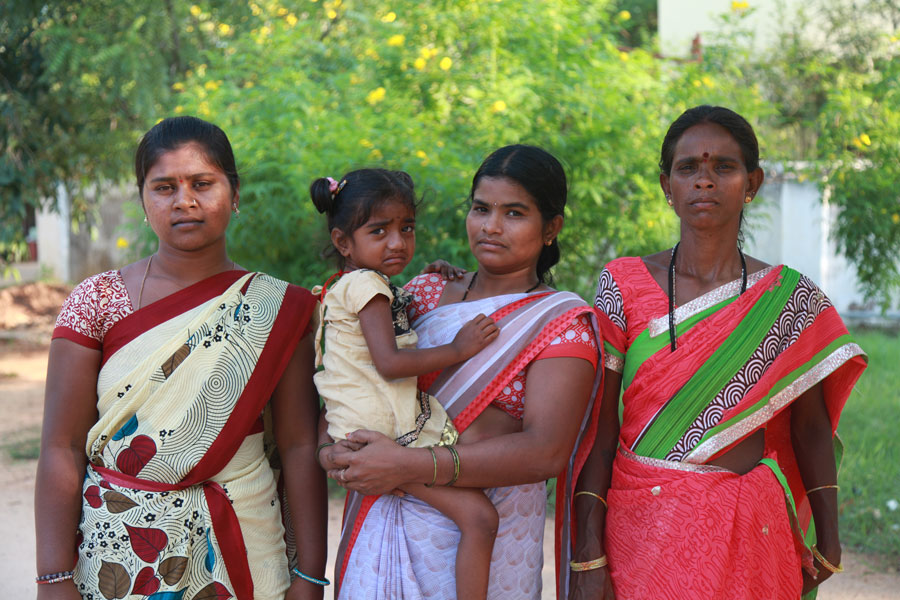Caxton College, an educational ethos valuing emotions
This British school promotes emotional wellbeing among its pupils to minimise the social impact of Covid-19.

One of the principal tasks at the school in Puçol is identifying the needs of its pupils in order to be able to offer them the educational resources that best suit each individual.
According to the educational community—which was recently awarded the highest level of achievement in its internationally recognised inspection—some children have developed apprehensions that are affecting their learning due to the pandemic, after months of accumulated stress and an uncertain future in the short term.
‘We are conscious that some pupils may be feeling anxiety or fear. This is why it is more important than ever to listen to them and to help them understand that we are the ones who manage our emotions, not the other way around. We can teach them to create feelings within themselves to overcome fear or anxiety through realistic optimism, knowing that if we are all responsible, look after one another and respect one another, everything will be fine’, said Silvia Sanchis, the psychologist in Primary at Caxton College.

From Early Years to the Sixth Form, via assemblies on mental health and wellbeing, emphasis has been placed on fundamental values such as resilience or having a positive outlook. Pupils are called on to use critical thinking skills in order to ease any misgivings that may be preventing them from progressing in their daily learning. Fortunately this school has been promoting these values for many years throughout its curriculum, so as the school principal affirmed, pupils are well equipped with the skills to face this challenge and make the most of this difficult situation. ‘It’s very important for us to be able to help pupils control their emotions, because this is how they will be successful in maintaining a stable and positive state of mind. We know that if pupils are happy, they achieve higher levels of concentration and better outcomes in their learning’, Sanchis added.
It is clear that children are vulnerable in situations of ongoing stress. This is why this British school believes that in order to forge strong bonds with the pupils, it is necessary to motivate them and convey a caring attitude for them in person, since the process is much more distant through a screen. ‘Now we are very fortunate to have the children here in school with us, and even with all of the precautions, protocols and limitations, it’s the best way to create that emotional link that children need in order to feel content’, noted Amparo Gil, principal of Caxton College.
One pillar of emotional stability is clear rules with time to follow them, in such a way that they become routine. Children follow the rules because the teachers explain them, and the children wish to please their teachers. If everything is done naturally, and through play for the younger children, then they are calm and happy. ‘As we put into practice all of the safety measures and routines with the pupils, their uncertainty and fear disappear. The children go back to playing with their classmates again, and they feel the same emotions that they felt before confinement. This makes it easier for them to feel safe again and it dispels any fears that may be hindering them in their learning or social relationships’, said the school’s vice principal, Marta Gil.
This educational ethos that combines emotional intelligence with academic learning gives the school a new role in these times when ‘children’s happiness and safety, together with management of their emotions, is our priority for this school year’, said the Secondary psychologist, Cristina Pérez.
During this most atypical academic year, when pupils have returned to school and have encountered very strict health and safety protocols, the Secondary teaching team wished to encourage them right from the start with a quote attributed to Socrates that would give them a boost and help them to adapt to their new situation: ‘The secret of change is to focus all your energy not on fighting the old, but on building the new’.






Recent Comments